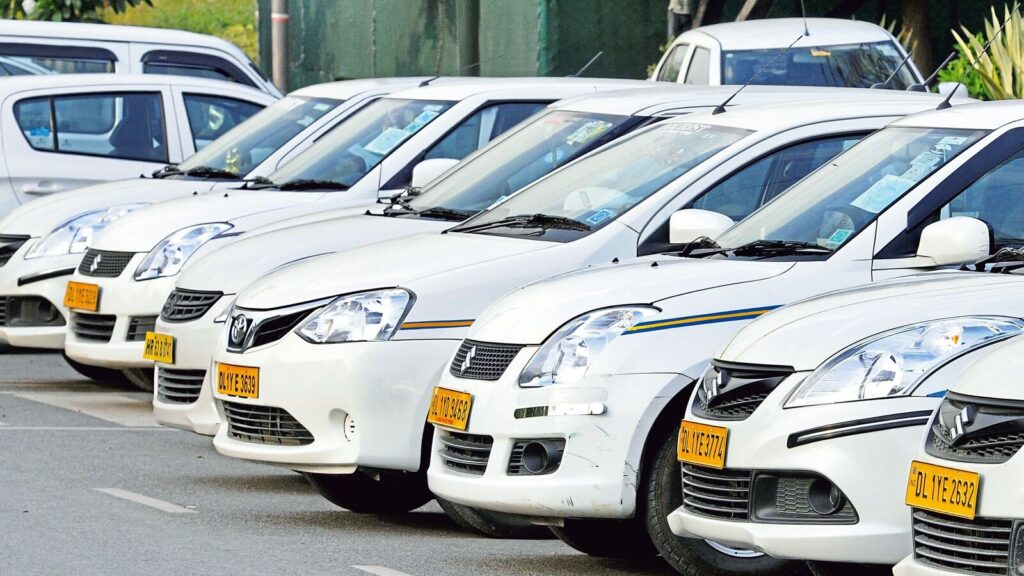The draft guidelines, published last week by the Goa government, lay out a formal regulatory framework for app-based taxi and bike taxi operators. It includes licensing conditions, fare regulations, timelines for driver payments, and crucially, mandates that the entire fare be paid directly to drivers, effectively banning platform commissions.
The move marks a decisive shift from informal control to structured regulation in one of India’s most tourism-dependent states.
According to media reports, Goa received 10 million visitors in 2024. The Economic Survey for 2024-2025, meanwhile, projected Goa’s population for 2025 at approximately 15.96 lakh. This tourism volume dwarfs the local population, resulting in an incredibly high tourist-to-local ratio.
Also Read: Slow but steady: How quick commerce delivered an improbable success for Yulu
Aggregators bullish
“We believe tourists as much as locals in Goa deserve more mobility choices, and there is already a strong existing demand for reliable ride options in the state,” an Uber spokesperson told Mint.
“This regulatory update makes it possible for platforms like Uber to serve that demand more effectively and responsibly,” the company added. It said it will submit formal feedback and collaborate with stakeholders to ensure the final framework supports drivers, riders, and Goa’s economy.
The draft guidelines are open for public feedback until 19 June.
Rapido also appears bullish. “I think the government recognizing the importance of developing a much more convenient and safer transportation infrastructure is crucial — it’s a key element of tourism,” said Pavan Guntupalli, co-founder of Rapido.
Ola Electric declined to comment on the development.
Analysts say Rapido’s enthusiasm stems from its no-commission and SaaS (software as a service) based model, which analysts believe will give it a competitive advantage in the Goa market.
“Rapido’s model is tailor-made for these guidelines, but Ola and Uber may have to adapt,” Nikhil Dhaka, policy lead at Primus Partners, a consultancy firm.
Also Read: Rapido eyes a bigger slice of the ride-hailing market with four-wheeler push
Right fit
Ola and Uber may, however, need to adapt their operational models to fit Goa. “They will have to geographically tweak their models to suit Goa,” said Amit Kaushik, managing director at automotive consultancy Urban Science.
Platforms will have to contend with Goa’s pronounced seasonality. There are peaks where demand is exponentially high, and then times when it’s a complete dry season, said Kaushik.
“They have to be very careful — not just about how to operate, but when to operate,” Kaushik added.
Rapido says its flexibility gives it an edge. “Whenever there’s a lull, we enable our autos and bikes to participate in the delivery economy — not just as taxis, but also for couriers and deliveries,” said Guntupalli.
It claims to be well-positioned to meet the demands of Goa’s evolving mobility market. “One of the reasons Rapido shifted to a SaaS player is to enable the offline industry to come online,” Guntupalli said.
He added that the goal is to onboard existing players in the local ecosystem, “We are minimizing barriers as much as possible so they can leverage our technology, products, and pricing tools.”
The guidelines are also likely to intensify competition with local digital incumbents like Goamiles, a government-backed ride-hailing service.
According to a report by Herald Goa, the state has around 20,000 taxis of varying permits and services.
The competition notwithstanding, the new guidelines present an opportunity for Goamiles to modernise its tech infrastructure, Dhaka noted.
With scooter rentals being a major part of Goa’s transport culture, platforms are exploring ways to integrate this user behaviour.
Guntupalli said Rapido is open to exploring rental integration, emphasizing that the platform is not confined to one mode or model.
“If the user wants to ride, we’ll provide a platform. If they want to rent, we’ll look at that. We’re not restricted by any moat,” he said.
However, trade unions in both North and South Goa have strongly opposed the guidelines, fearing that the government’s push for app-based services will threaten their livelihoods, according to media reports.
Also Read: Who pays for cancelled rides? Maharashtra’s new cab rules stir industry debate
Source:https://www.livemint.com/industry/uber-rapido-ola-ride-hailing-taxis-goa-transporters-draft-guidelines-local-taxi-unions-app-based-taxi-bike-taxi-operator-11748351840877.html

